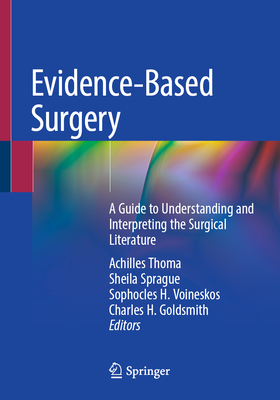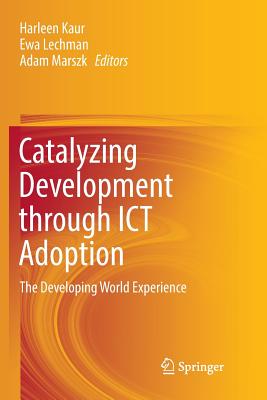Secondary Analysis of Electronic Health Records
暫譯: 電子健康紀錄的次級分析
MIT Critical Data
- 出版商: Springer
- 出版日期: 2016-09-13
- 售價: $2,490
- 貴賓價: 9.5 折 $2,366
- 語言: 英文
- 頁數: 427
- 裝訂: Hardcover
- ISBN: 3319437402
- ISBN-13: 9783319437408
海外代購書籍(需單獨結帳)
相關主題
商品描述
This book trains the next generation of scientists representing different disciplines to leverage the data generated during routine patient care. It formulates a more complete lexicon of evidence-based recommendations and support shared, ethical decision making by doctors with their patients.
Diagnostic and therapeutic technologies continue to evolve rapidly, and both individual practitioners and clinical teams face increasingly complex ethical decisions. Unfortunately, the current state of medical knowledge does not provide the guidance to make the majority of clinical decisions on the basis of evidence.
The present research infrastructure is inefficient and frequently produces unreliable results that cannot be replicated. Even randomized controlled trials (RCTs), the traditional gold standards of the research reliability hierarchy, are not without limitations. They can be costly, labor intensive, and slow, and can return results that are seldom generalizable to every patient population. Furthermore, many pertinent but unresolved clinical and medical systems issues do not seem to have attracted the interest of the research enterprise, which has come to focus instead on cellular and molecular investigations and single-agent (e.g., a drug or device) effects. For clinicians, the end result is a bit of a “data desert” when it comes to making decisions. The new research infrastructure proposed in this book will help the medical profession to make ethically sound and well informed decisions for their patients.
商品描述(中文翻譯)
這本書培訓來自不同學科的下一代科學家,利用在常規病人護理過程中產生的數據。它制定了一個更完整的基於證據的建議詞彙,並支持醫生與病人之間的共享、倫理決策。
診斷和治療技術持續快速演變,個別從業者和臨床團隊面臨越來越複雜的倫理決策。不幸的是,目前的醫學知識狀態並未提供足夠的指導,以便根據證據做出大多數臨床決策。
目前的研究基礎設施效率低下,並且經常產生無法重複的、不可靠的結果。即使是隨機對照試驗(RCTs),這一傳統的研究可靠性金標準,也並非沒有局限性。它們可能成本高昂、勞動密集且進展緩慢,並且所產生的結果往往無法普遍適用於每一個病人群體。此外,許多相關但未解決的臨床和醫療系統問題似乎並未引起研究界的興趣,研究重心反而轉向細胞和分子研究以及單一藥物(例如,藥物或設備)的效果。對於臨床醫生來說,最終的結果是,在做出決策時面臨一種“數據沙漠”。本書提出的新研究基礎設施將幫助醫療專業人員為其病人做出倫理上合理且信息充分的決策。



















